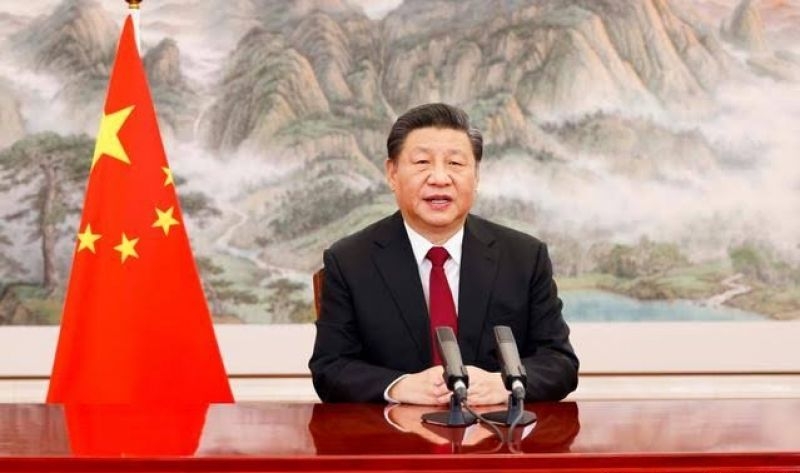- World Cup ticket prices to start at $60, may rise to $6,730 |
- Gazipur kitchen market fire under control after one hour |
- 10 MNC to enter bourse; Dhaka Stock Brookers laud BSEC |
- Dhaka bourse sees highest turnover in 12 months |
- Xi unveils vision for equitable global governance, rejects unilateralism |
Xi unveils vision for equitable global governance, rejects unilateralism

Chinese President Xi Jinping
Geneva, 2 Sep (D. Ravi Kanth) — At the conclusion of the Shanghai Cooperation Organization (SCO) summit in Tianjin, China, on 1 September, Chinese President Xi Jinping called for advocating “an equal and orderly multipolar world and a universally beneficial and inclusive economic globalization,” and urged that the global governance system become “more just and equitable”.
Delivering a keynote address at the end of the two-day summit, President Xi proposed a Global Governance Initiative (GGI), which was closely watched by international observers.
In a subtle critique of the Trump administration’s apparent weakening of the multilateral institutions, President Xi remarked: “Eighty years ago, the international community learned profound lessons from the scourge of two world wars and founded the United Nations, thus writing a new chapter in global governance.”
“Eighty years later, while the historical trends of peace, development, cooperation, and mutual benefit remain unchanged, the Cold War mentality, hegemonism, and protectionism continue to haunt the world,” he lamented.
In what appears to be a direct reference to the recent unilateral US actions, he stated that: “New threats and challenges have only been increasing. The world has entered a new period of turbulence and transformation. Global governance has arrived at a new crossroads.”
“To this end,” President Xi said, “I wish to propose the Global Governance Initiative,” adding that he looks forward to working with all nations “to build a more just and equitable global governance system and advance toward a community with a shared future for humanity.”
FIVE PRINCIPLES OF GGI
As part of the GGI, President Xi outlined five key principles.
First, he said that SCO members “should adhere to sovereign equality,” emphasizing that “all countries, regardless of size, strength, or wealth, are equal participants, decision-makers, and beneficiaries in global governance.”
He called for promoting “greater democracy in international relations” and increasing the representation and voice of developing countries.
Second, President Xi stressed that SCO members “should abide by international rule of law.”
He urged full and comprehensive adherence to the purposes and principles of the UN Charter and other universally recognized norms of international relations.
He emphasized that international law must be applied equally and uniformly -“without double standards”- and warned that “the house rules of a few countries must not be imposed upon others.”
Third, President Xi called for practising genuine multilateralism.
He said SCO members “should uphold the vision of global governance featuring extensive consultation, joint contribution, and shared benefits,” strengthen solidarity and coordination, and oppose unilateralism.
He reiterated the need to “firmly safeguard the status and authority of the United Nations” and ensure its irreplaceable role in global governance.
Fourth, President Xi advocated a people-centred approach.
He urged SCO members to reform and improve the global governance system to ensure that “the people of every nation are the actors in and beneficiaries of global governance,” enabling better responses to common challenges, narrowing the North-South gap, and safeguarding the common interests of all countries.
Fifth, President Xi said that the initiative should focus on taking real actions.
“We should adopt a systematic and holistic approach, coordinate global actions, fully mobilize various resources, and strive for more visible outcomes,” he said.
He stressed the need to enhance practical cooperation to prevent the global governance system from falling behind or becoming fragmented. – Third World Network

